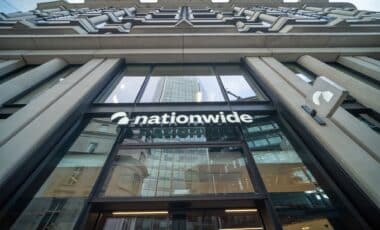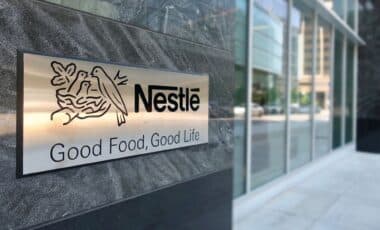UK hospitality businesses are preparing for widespread job cuts as upcoming tax reforms increase costs across the sector. According to trade bodies, nearly 70% of businesses expect to reduce staffing due to changes in employer National Insurance contributions (NICs) and reduced business rate relief.
With the sector already grappling with inflation and rising wages, industry leaders warn that these additional financial pressures could force businesses to scale back investment, reduce operating hours, and, in some cases, close permanently.
They are urging the government to reconsider the timing of the changes to avoid further disruption to employment and economic growth.
Increased Tax Burden Forces Businesses to Cut Costs
The government’s decision to raise employer NICs from April has sparked concerns across the hospitality sector.
According to the British Beer and Pub Association, the British Institute of Innkeeping, Hospitality Ulster, and UKHospitality, the increase in NICs to 15%, coupled with a reduction in the threshold at which contributions become due—from £9,100 to £5,000—will have a significant financial impact on employers.
These changes come at a time when businesses are already dealing with a 6.7% increase in the national minimum wage, which will rise to £12.21 per hour. The hospitality sector, which relies heavily on labour, is expected to face some of the highest additional costs.
According to the survey, 60% of businesses indicated they would cancel planned investments as a result of the increased expenses.
Nearly 30% of those surveyed stated they would have to cut trading hours, and 15% reported they might need to close at least one site to remain financially viable. Additionally, 25% of businesses said they had no cash reserves left, reflecting a six-percentage-point increase from the previous quarter.
Concerns Over Economic Impact and Local Communities
Industry representatives argue that these tax changes could have broader consequences beyond individual businesses. According to their statement, the hospitality sector has been a key driver of economic growth and employment, but rising costs could undermine its contribution to local economies.
“They have warned about potential lost earnings, lost jobs, reduced trading hours and, in some cases, business failure,” the trade bodies stated. “This would mean the loss of essential community hubs that would otherwise drive the local economy and create jobs.”
The hospitality industry’s concerns come as new data indicates a shift in the UK job market. According to jobs site Adzuna, the average advertised salary rose to nearly £41,000 in January, driven by wage increases in manufacturing, retail, and logistics.
However, job vacancies declined to their lowest level for January since 2021, reflecting a slowing hiring market.
The Office for National Statistics also reported that pay growth remained strong at the end of 2024, despite earlier warnings that tax increases could lead to widespread job losses. However, hospitality businesses maintain that the combination of higher NICs and rising wages will create unsustainable cost pressures, leading to cuts in employment and services.









